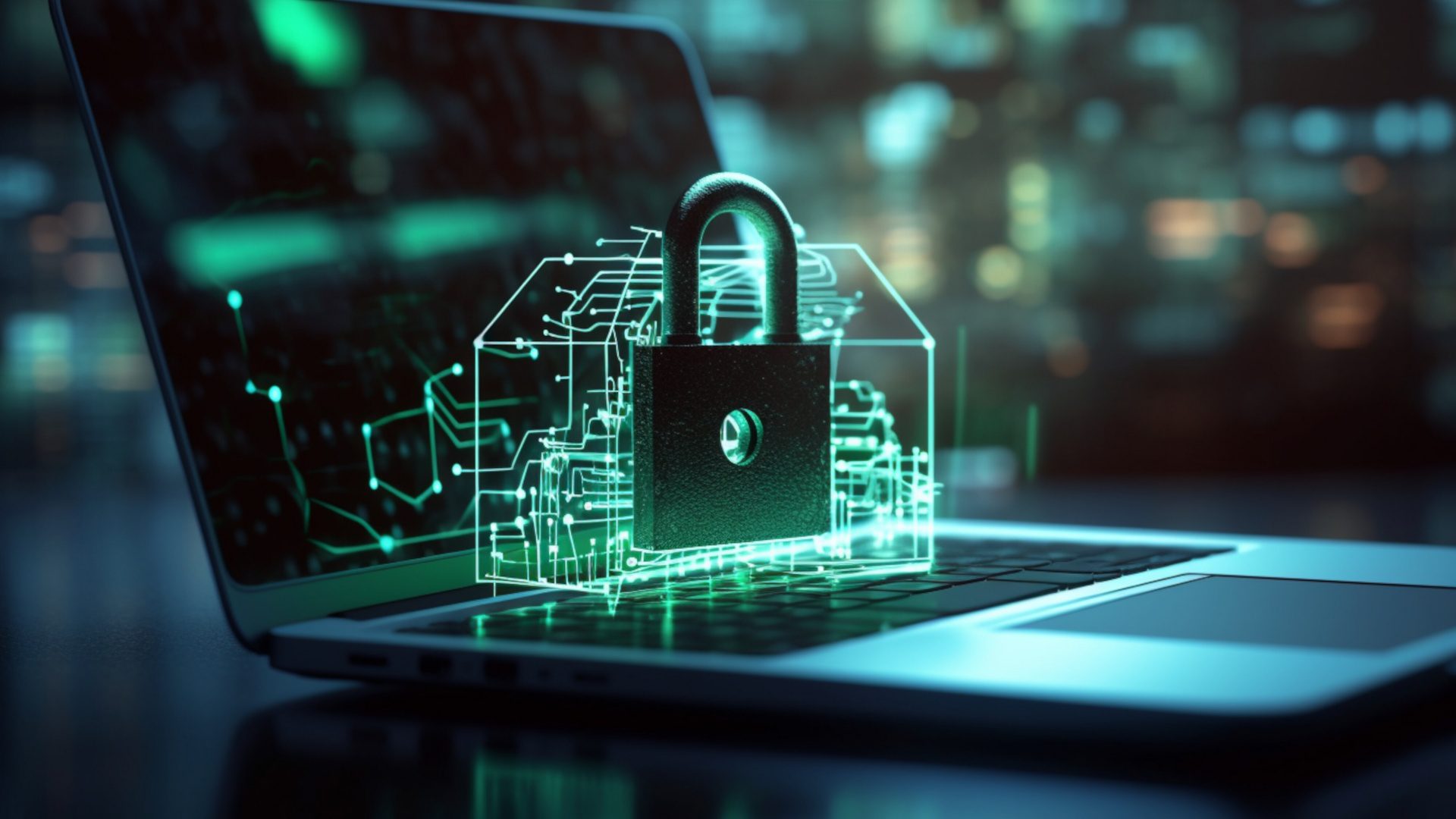Becoming A Security Officer With No Experience: Your First Steps
Detail Author:
- Name : Michaela Ritchie
- Username : mazie.rutherford
- Email : kaia.effertz@parker.net
- Birthdate : 2000-07-07
- Address : 9085 Lavada Tunnel South Gregg, AK 53117
- Phone : +1-520-752-6179
- Company : Legros LLC
- Job : Financial Services Sales Agent
- Bio : Qui id perferendis est voluptates est rerum voluptatem odio. Est suscipit asperiores libero molestiae suscipit perspiciatis in. Enim praesentium magni incidunt.
Socials
tiktok:
- url : https://tiktok.com/@emileroob
- username : emileroob
- bio : Repellat omnis velit et error quia quas sit.
- followers : 172
- following : 73
twitter:
- url : https://twitter.com/roobe
- username : roobe
- bio : Deserunt est quam nihil et. Tenetur quidem qui assumenda impedit laboriosam eos.
- followers : 3316
- following : 764
facebook:
- url : https://facebook.com/emileroob
- username : emileroob
- bio : Enim maiores alias rem.
- followers : 749
- following : 2424
Are you thinking about a new career path, perhaps one where you help keep people and places safe? Many folks wonder if they can get into security work without having done it before. The good news is that becoming a security officer with no experience is absolutely possible, and it’s a path many people take to start a rewarding job. This kind of work, you know, is all about protection, being there to help prevent harm, and just making sure things are secure.
It's pretty common, actually, for someone to feel a bit unsure about a new field, especially if they haven't worked in it. But the need for people who can protect others, buildings, or even information is always there. So, there's a real chance for those willing to learn and grow in this area. You see, the whole point of security, in a way, is to provide a feeling of safety and a solid defense against anything that could cause trouble.
This article will guide you through what it takes to step into the world of security, even if your background doesn't include direct experience. We'll look at the qualities that really count, the kind of training you might need, and how to find those first job opportunities. So, if you're curious about how to become a security officer without any prior work history in the field, you're in the right spot.
Table of Contents
- What a Security Officer Does
- Why No Experience is Okay
- Getting the Right Training and Certifications
- Finding Your First Security Job
- Career Growth in Security
- Frequently Asked Questions
What a Security Officer Does
A security officer's main job is to keep things safe and sound. This often means watching over property, people, or valuable items. They might patrol an area, check who comes and goes, or respond to any unusual activity. It's a role that, you know, really focuses on making sure everyone feels secure and that potential problems are stopped before they start.
More Than Just Watching
It's not just about sitting there and observing. Security officers are often the first point of contact in an emergency. They might need to write reports, communicate with law enforcement, or help people in distress. So, it's a bit more involved than some people might think, requiring a good head on your shoulders and the ability to act calmly.
The Purpose of Security
At its heart, security is about providing protection from, or resilience against, potential harm. This idea comes straight from the core meaning of security itself. A security officer is that person who actively works to create a state of being secure, whether it's for a building, an event, or the people inside. They are, in a way, the frontline of safety, trying to make sure everything stays steady and dependable.
Why No Experience is Okay
It might seem odd, but many security companies are perfectly fine with hiring people who have no prior experience in the field. They often look for certain personal qualities and are ready to provide the necessary training themselves. This is actually quite common in service-oriented jobs, where attitude and a willingness to learn are sometimes valued more than a long resume.
Qualities That Matter More Than Experience
What really counts for a security officer, especially when you're just starting out, are things like being dependable, having good judgment, and being able to stay calm under pressure. You need to be observant, too, paying attention to what's happening around you. A person who is honest and has a strong sense of responsibility will, you know, fit right in. These personal traits are, in some respects, more important than having a list of past security jobs.
Transferable Skills
Even if you haven't been a security officer before, you likely have skills from other jobs or life experiences that are very useful. Things like customer service, communication, problem-solving, or even just being on time and reliable are all valuable. If you've ever had a job where you had to deal with people, or manage a situation, those are, you know, pretty good starts. These are what we call transferable skills, and they can really help you get your foot in the door.
Getting the Right Training and Certifications
While you might not need job experience, you will almost certainly need some training and possibly a license. These requirements vary depending on where you live and the type of security work you want to do. So, it's a good idea to check your local rules first. Many companies, in fact, will even help you get these certifications as part of their hiring process.
Basic Security Training
Most places require a basic security guard training course. This usually covers things like legal powers, how to handle emergencies, report writing, and general safety procedures. It's designed to give you the fundamental knowledge you need to do the job safely and effectively. This training, you know, is pretty much a standard for anyone entering the field.
Licensing Requirements
After training, you'll likely need to apply for a security guard license from your state or local government. This often involves a background check and sometimes fingerprinting. It's a way for the authorities to make sure that people working in security are, you know, trustworthy and fit for the role. This process, in a way, ensures public safety.
First Aid and CPR
Having current certifications in First Aid and CPR (Cardiopulmonary Resuscitation) is a huge plus, and sometimes even a requirement. As a security officer, you might be the first person on the scene of a medical emergency. Knowing how to help in those moments is, you know, incredibly important. It shows you're ready for different kinds of situations and can provide immediate assistance.
Finding Your First Security Job
Once you have your training and any necessary licenses, it's time to start looking for those entry-level positions. Don't be shy about applying for jobs that specifically say "no experience necessary" or "entry-level." Many companies are actually looking for fresh faces they can train their way. You'll find, too, that some of the larger security firms are often the best places to start, as they have more structured training programs.
Where to Look
Job boards online are a good place to start, as are the websites of large security companies. You might also find opportunities by directly contacting local businesses that employ their own security staff, like hospitals, colleges, or shopping centers. Sometimes, just walking in and asking about openings can, you know, make a difference. It's all about putting yourself out there.
Making Your Application Stand Out
Even without direct experience, you can make your application shine. Highlight those transferable skills we talked about – your reliability, your communication abilities, your problem-solving approach. Explain why you're interested in security work and what you believe you can bring to the role. A well-written resume and a thoughtful cover letter can, you know, really catch an employer's eye.
Interview Tips
When you get an interview, be ready to talk about your personal qualities. Show that you are responsible, observant, and calm. You might be asked about how you'd handle certain situations, so think about that a little. Ask questions too, about the company's training programs or what a typical day looks like. This shows, you know, that you're genuinely interested and ready to learn.
Career Growth in Security
Starting as a security officer with no experience is just the beginning. There are many paths you can take within the security field. You could specialize in areas like cybersecurity, which is all about protecting digital information, or even physical security management, overseeing operations for a whole site. The idea of "security" itself is so broad, covering everything from protecting data to ensuring a person's physical safety, that there's always more to learn and do. For example, you could explore more about cybersecurity certifications if that side of things interests you. You might also find yourself moving into supervisory roles, becoming a team leader, or even a site manager. There are chances to get more training, too, in things like advanced first aid, conflict resolution, or specialized equipment. So, you know, it's a job where you can keep growing and developing your abilities.
Learn more about security roles on our site, and link to this page here.
Frequently Asked Questions
Is it hard to get a security officer job with no experience?
It's not usually very hard, especially if you meet the basic requirements like age and a clean background check. Many companies are looking for people with the right attitude and a willingness to get the necessary training. So, you know, a good attitude goes a long way.
What kind of training do I need to become a security officer?
Most places require a basic security guard training course, which covers things like legal powers, emergency procedures, and report writing. You'll also likely need to get a state or local license, and sometimes First Aid and CPR certifications are needed. It's all about getting the right foundational skills, you know.
What qualities are most important for a new security officer?
Being dependable, observant, and having good judgment are really important. You need to be able to communicate well and stay calm when things get tough. Honesty and a strong sense of responsibility are, you know, pretty much key for this kind of work.

Ai Used In Cybersecurity

National Retail's Timely Collaboration with Ignite Systems Amidst Cyber

Global Security Industry Powered by Need for Niche Security Solutions